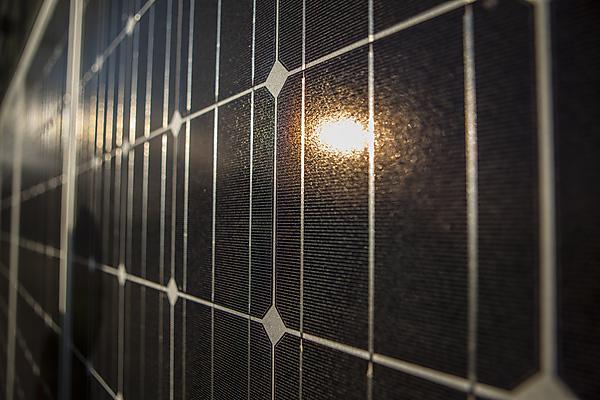Tuesday, 03/03/2026 | 20:31 GMT+7
Affordable housing residents will be encouraged to use a specially devised game for smartphones and tablets linked to smart meters as part of a partnership initiative designed to reduce energy and CO2 consumption in their homes.
EnerGAware is a €2million project funded by the European Horizon 2020 programme (EE-11 New ICT-based solutions for energy efficiency), and will see building performance analysis experts from Plymouth University working alongside leading housing provider DCH, EDF Energy and partners across Europe.
The three-year initiative aims to drive up affordable housing residents' understanding and implementation of energy efficiency practices, while also enhancing IT literacy and promoting improved community engagement.
Between now and 2020, smart meters are being rolled out in homes across the UK, providing householders with a range of detailed data on their energy usage.
EnerGAware will take that data and use it in a virtual home within the game, with people being able to test out new behaviours there before putting the most effective ones into practice in real life. Residents will be part of the design of the game which will include having their own avatars who will live in the virtual home, they will manage the energy use of their avatar occupants which will provide interesting data for analysis on behaviours.

They will also be able to 'compete' against fellow tenants, sharing their best achievements through social networking and promoting greater social inclusion.
The project team at Plymouth University (who have received €384,000 in funding) comprises Dr Alba Fuertes, Dr Rory Jones and Professor Pieter de Wilde, from the School of Architecture, Design and Environment, alongside Dr Sabine Pahl from the School of Psychology.
Dr Fuertes, the Principal Investigator on the project, said: "At the present time, people only tend to worry about their energy consumption when the bills come through but there is very little knowledge about the fact that changes in behaviour can influence it. What we are trying to do is make energy less of a chore, and more something they can directly impact on in an interesting and fun way. The increased use of apps and smart phones provides us with that opportunity, and we hope this project can have a genuine and lasting effect on issues such as fuel poverty, IT literacy and social exclusion."
Plymouth University is recognised nationally as a pioneer of environmental building and design education and research, receiving funding for a range of research initiatives and a Global Showcase Award from the Royal Institute of Chartered Surveyors. This project builds on the EPSRC funded project eViz (Energy Visualisation for Carbon Reduction), which aims to show people where energy is being is lost in the home and how different behaviours impact upon energy usage.
DCH's aim for the project is to assess the percentage of DCH households in Plymouth with digital access to the internet and better understand and reduce their energy use in the home to meet financial and fuel poverty reduction commitments.
Denys Stephens, Group Environment & Sustainability Manager at DCH, said: "The question of how to encourage change in the way we use energy in our homes has been perplexing the energy efficiency sector for many years, EnerGAware brings an exciting new solution to that problem which turns the learning into a fun leisure activity. It's the kind of lateral thinking which could literally be a game changer for energy saving."
The partners are currently drawing up an initial tenant survey to assess current behaviours among housing tenants, before launching a series of focus groups which will enable the tenants to directly influence the game's development.
Later this year, smart meters will be installed into participating homes, with the completed game being rolled out in the autumn of 2016.
Anh Tuan







